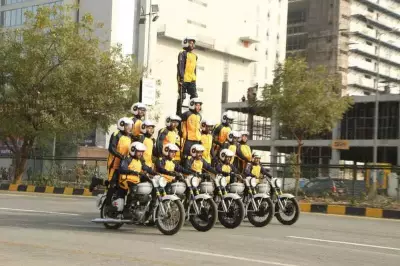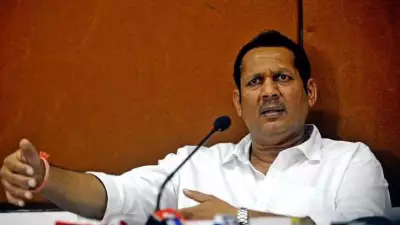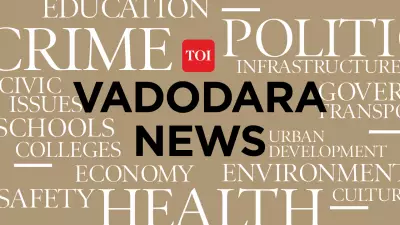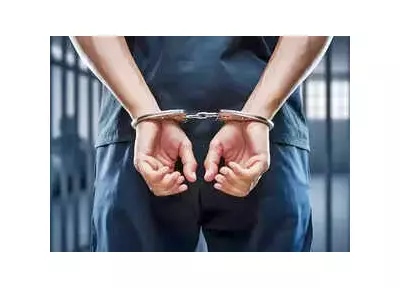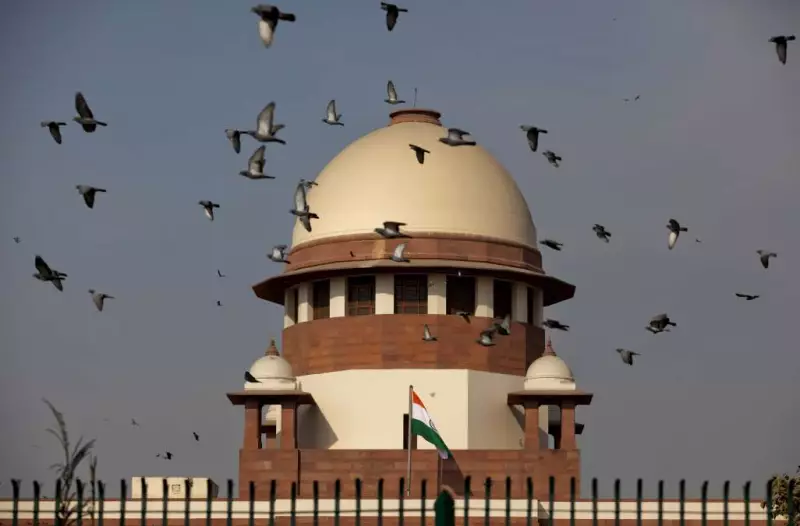
The Kerala government has approached the Supreme Court of India seeking urgent intervention to defer a special summary revision of electoral rolls scheduled to coincide with the state's upcoming local body elections. This legal move comes as the state prepares for crucial grassroots democratic exercises that could impact political dynamics across Kerala.
Legal Challenge Against Election Commission
In a significant development, the Kerala administration has filed a petition with the Supreme Court challenging the Election Commission of India's decision to conduct a special summary revision of electoral rolls from November 25 to December 26. The state government argues that this timing directly conflicts with the scheduled local body elections, potentially creating administrative chaos and compromising the electoral process.
The petition highlights that the local body elections in Kerala are expected to be conducted in December, creating an overlapping timeline that could severely impact election management. The state government contends that conducting both processes simultaneously would strain administrative resources and create confusion among voters and election officials alike.
Timing Conflict and Administrative Concerns
The core of Kerala's argument rests on the practical difficulties of managing two critical electoral processes concurrently. The special summary revision, intended to update and verify voter lists, requires extensive ground-level work by the same administrative machinery that would be simultaneously conducting local body elections.
State election officials have expressed concerns that the overlapping schedules could lead to logistical nightmares, including potential conflicts in deployment of polling staff, security arrangements, and verification processes. The government's petition emphasizes that the integrity of both processes could be compromised if they are allowed to proceed simultaneously.
Potential Impact on Democratic Process
The legal battle has significant implications for democratic governance in Kerala. Local body elections represent the foundation of grassroots democracy, determining leadership for panchayats, municipalities, and corporations across the state. Any disruption or complication in these elections could affect governance at the most fundamental level.
Meanwhile, the special summary revision of electoral rolls is crucial for maintaining accurate voter databases, ensuring that all eligible citizens have the opportunity to participate in future elections. The Kerala government maintains that both processes are important but need separate, non-overlapping timelines to be conducted effectively.
The Supreme Court's decision on this matter will set an important precedent for how election-related processes are scheduled and managed across Indian states. The outcome could influence how future conflicts between different electoral exercises are resolved, particularly when they involve both state and national election management bodies.
As the legal process unfolds, political parties and election observers across Kerala are closely watching developments. The resolution of this timing conflict will determine not only the schedule for local body elections but also the efficiency of voter list updates that will form the basis for future electoral exercises in the state.

